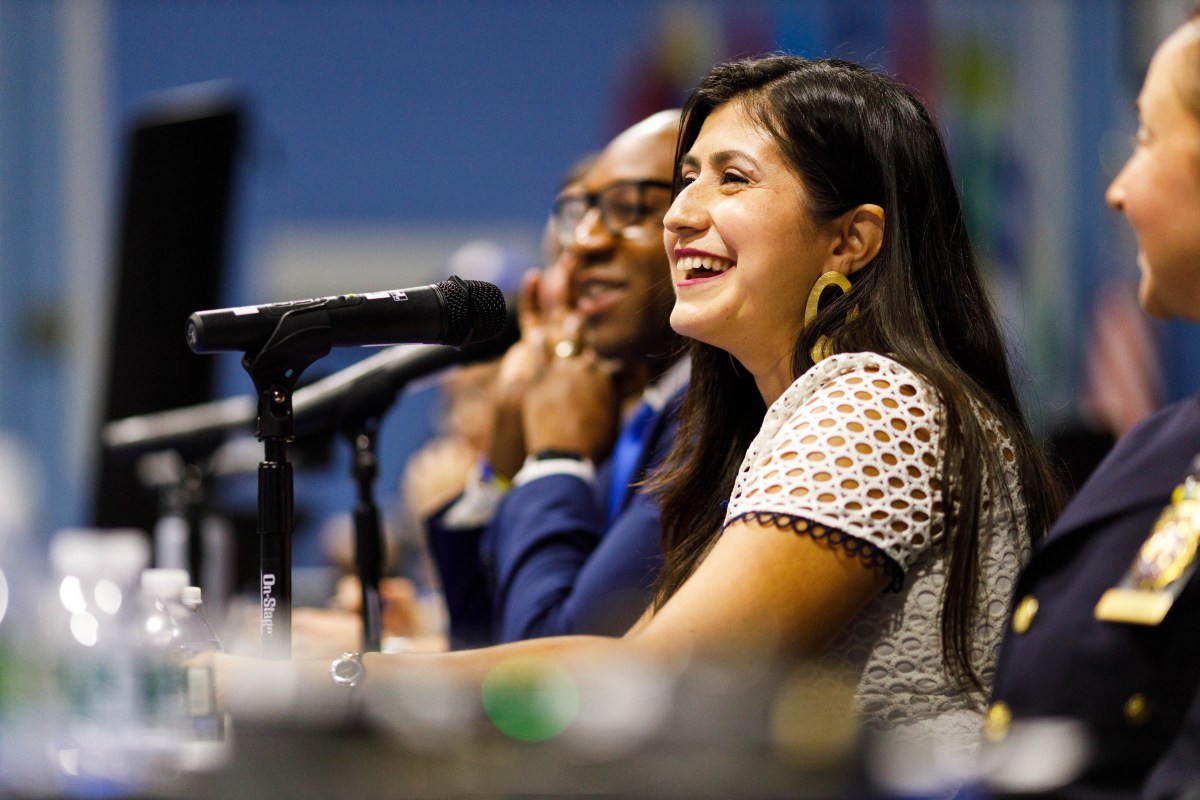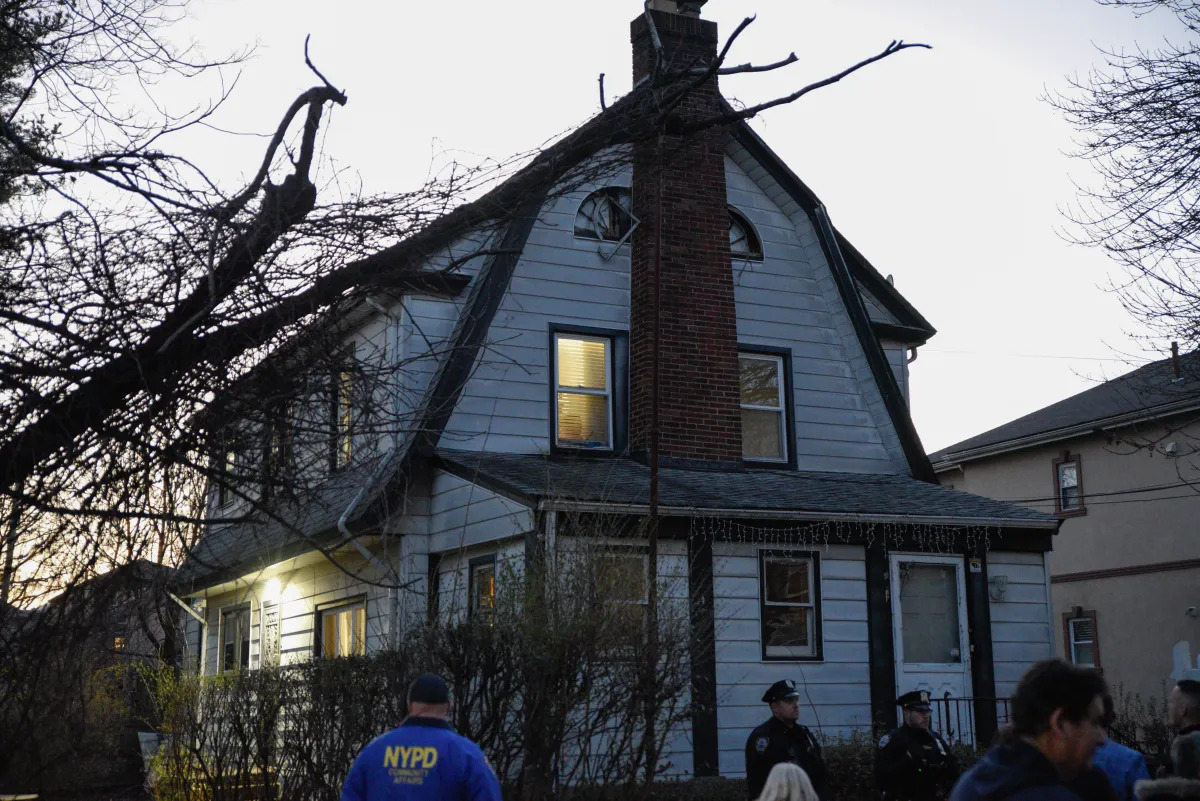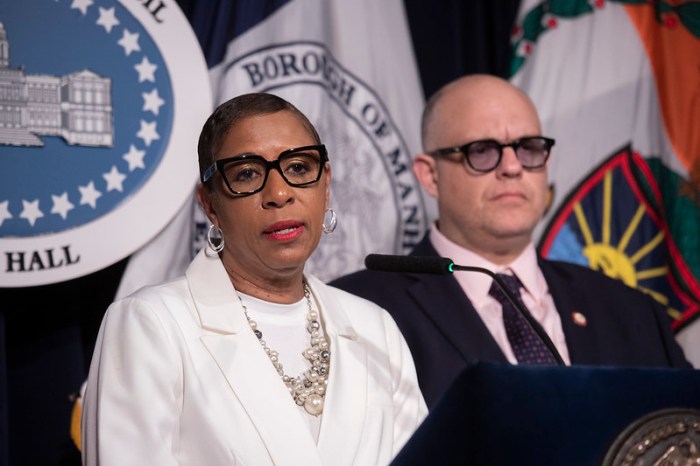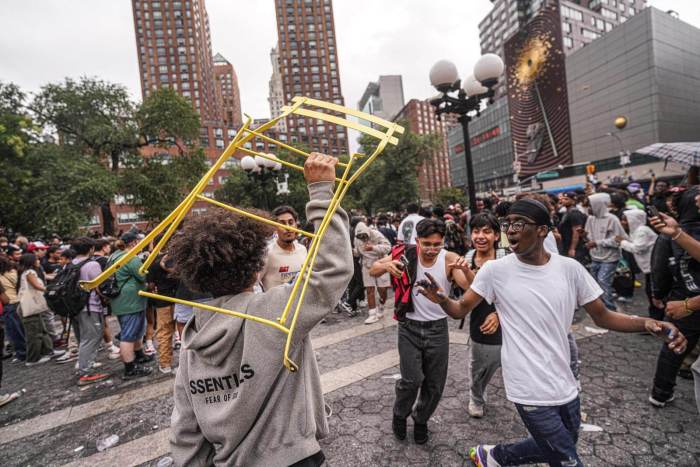
Feeling poor? Don’t feel like the Lone Ranger!
More than half of New Yorkers lack adequate savings for an emergency, and 1.14 million don’t have bank accounts or are “under banked,” according to a report by the city’s Department of Consumer Affairs.
About 360,000 households — 11.7% of all homes — in New York City lack a savings or checking account — surpassing the national figure of 7.7% according to the study. Another 780,000 city households, meanwhile are “under banked:”While these families may have a bank account, they still rely on check cashers, money orders, pawnshops, prepaid cards and remittances to handle their money.
People in the Bronx — where 43% of children live below the poverty line — are the most likely to be without an account or under banked.
In the borough 21.8% of households have no bank account and 66.6% report inadequate savings for an emergency. While the number of unbanked households in the city decreased slightly between 2011 and 2013, the number of under-banked households increased from 22.4% to 25.1%.
The findings — obtained by the Urban Institute, which was commissioned by consumer affairs — are important, Julie Menin, the department’s commissioner, explained in a statement.
“Having and using a bank account helps families save money and guard against unexpected financial emergencies,” she said.
The findings didn’t surprise trucking manager Shawn Gray, 40, who lives in the Fordham area of the Bronx. Gray has a bank account, but he can’t use it because “it’s in overdraft,” to the tune of $211.
Rather than helping provide economic security, his bank account generates fees that do violence to the already thin financial margin in which he lives.: “It’s the fees! They kept charging me $35 (in overdraft fees) for stuff debited from my account that cost only $9 or $10,” he said.
He uses money orders — paying about $2 for each one — to pay his rent and other bills. “The fees shouldn’t be so harsh,” Gray complained.
“The poorest people pay the highest fees: It’s very expensive to be poor,” said Rosa Franco, director of lending at the Neighborhood Trust Federal Credit Union, which serves Washington Heights, West Harlem and Inwood.
Many people — especially undocumented workers, the very poor and ex-offenders — feel they can’t open a checking or savings account for one or more reasons. They may not trust banks, lack the money for a minimum balance or fear the fees generated by not managing a checking or savings account correctly, Franco noted.
But people without bank accounts have trouble establishing credit. That means they don’t qualify for conventional loans should they have an emergency, “so if they need a loan, they use predatory lenders like loan sharks: The interest can be 500% a year,” dooming them to seemingly eternal debt — and worse, Franco explained.
The Neighborhood Trust, which also is a site to apply for ID NYC cards, conducts free financial literacy seminars and gives prospective customers free introductory accounts upon seminar completion. But, she noted, many are unaware of the affordable fee structures and benefits of credit union membership because “as nonprofits, we don’t have enough resources to do marketing.”
People like Anthony Charles, a 49-year-old porter from New Lots, Brooklyn, would be an ideal credit union customer.
“I can’t afford a bank account!” lamented Charles, who explained he doesn’t have a bank account, a credit card or a debit card because his salary — about $1,260 a month — disappears the second he gets it into money orders for rent and other expenses. “Everybody wants to use everybody. There’s more work, more work, more work — but no money,” he said.
The report’s findings “will serve as a driving force behind our future work as we create targeted programs for key neighborhoods and build toward a more equitable city, a cornerstone of Mayor de Blasio’s One NYC,” Menin said.

















